Computer programs are getting better and better at telling who someone is from a picture of a face. Some people are excited about this, even if it’s not perfect. Many others are very worried.
When a computer system identifies a person from a picture, it is called “facial recognition”. That’s because it seems like the computers are “recognizing” faces. Many big companies are working on facial recognition, and their programs are getting better and better. But there are still many problems with these systems.
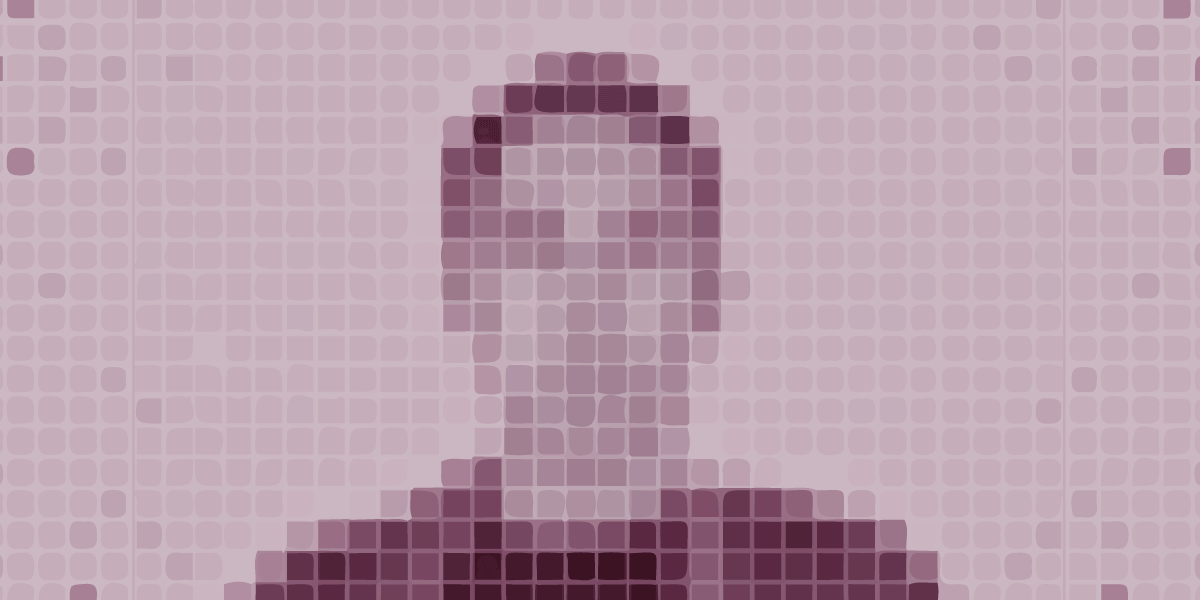
(Source: EFF Photos, Flickr.com.)
Some groups are excited about facial recognition. Police think that recognizing faces quickly will help them catch criminals. Some governments may like facial recognition because it helps them know what people are doing.
Many countries in Europe, such as Germany, use facial recognition to compare people with their passport pictures as they come into the country. This can help things move more quickly in airports.
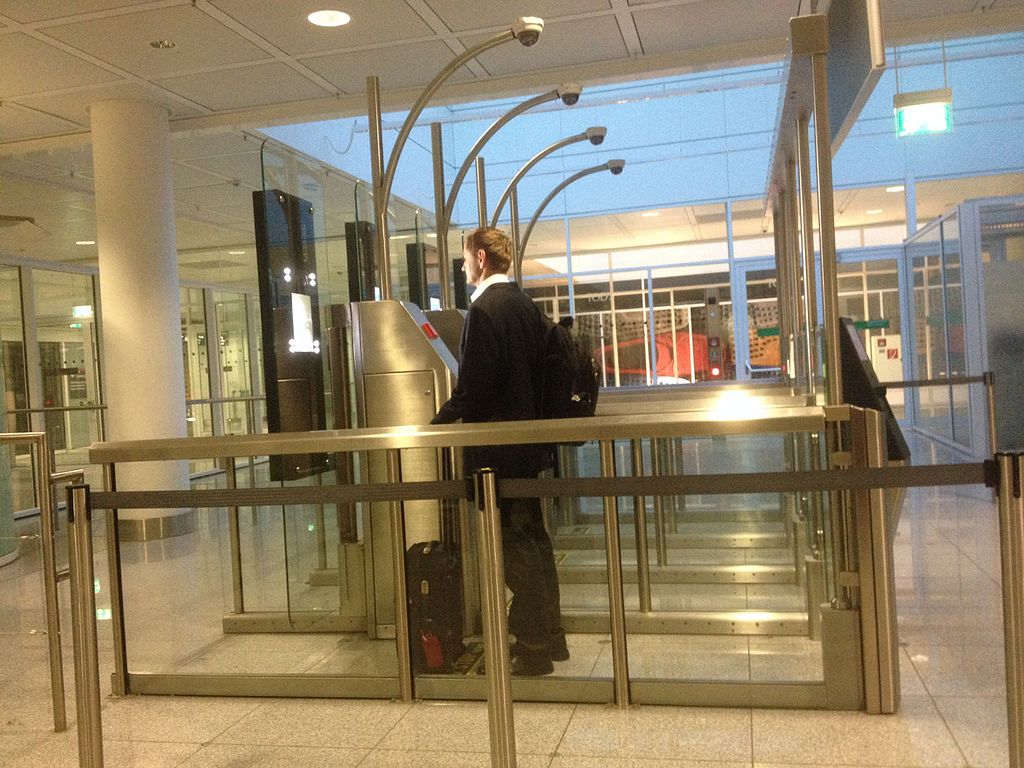
This man’s face is being checked to see if he can come into Germany.
(Source: Subhashish Panigrahi, from Wikimedia Commons.)
Just a few years ago, it wasn’t possible for computers to quickly and correctly recognize people in pictures. But now, companies like Amazon are selling programs that they say can identify many people in one picture. They even say that they can identify faces in a video, which is more difficult. Some police forces in the US are already trying out Amazon’s program, which is called “Rekognition”.
But many people say that facial recognition programs are not good enough yet. The programs are pretty good at recognizing white men. But they do not do such a good job at identifying women and people with darker skin.
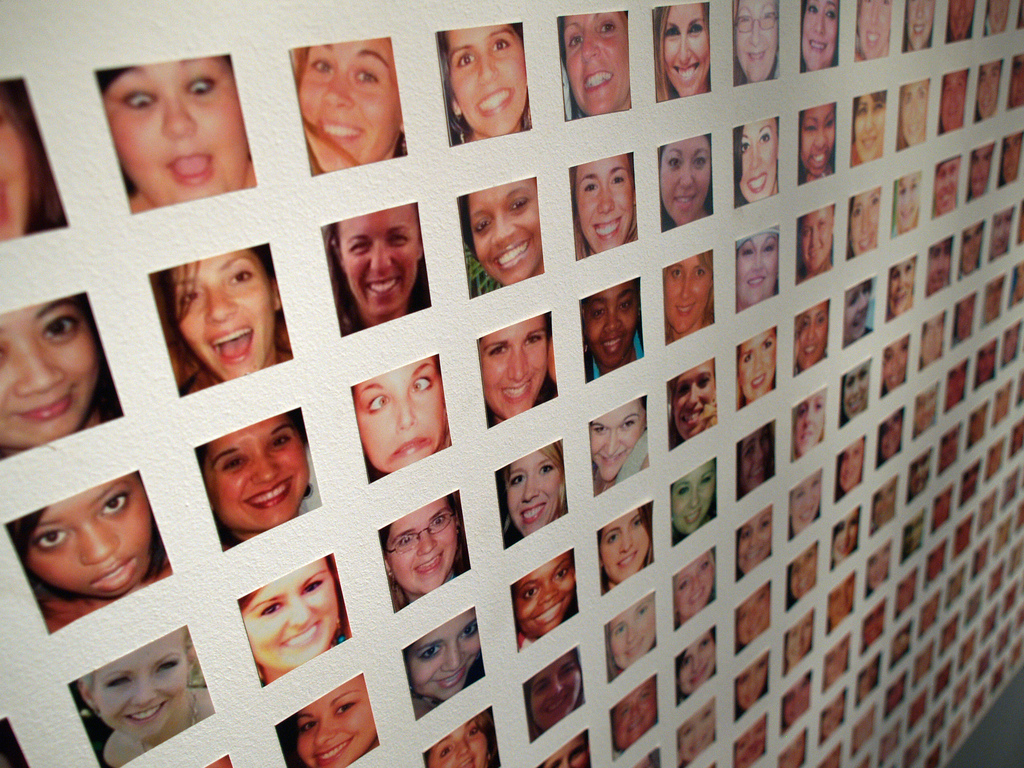
False matches are more common with women and people with darker skin.
(Source: Ars Electronica, Flickr.com.)
Even the best programs do not get everything right. When a system makes a match, it usually also tells how sure it is. For example, a 99% match would show that the computer is pretty sure. But a 50% match could just as easily be wrong. If the computer thinks it has identified a person, but it’s wrong, this is called a “false match”.
False matches are one of the big worries about facial recognition programs. Some groups are afraid that the programs might make innocent people look like criminals.
One group recently showed these problems in a surprising way. The ACLU is a group that works to protect the rights of people in the US. They took pictures of all the members of the US Congress and asked Amazon’s Rekognition, to identify them. The program gave false matches for 28 members of Congress. The program said they were criminals.
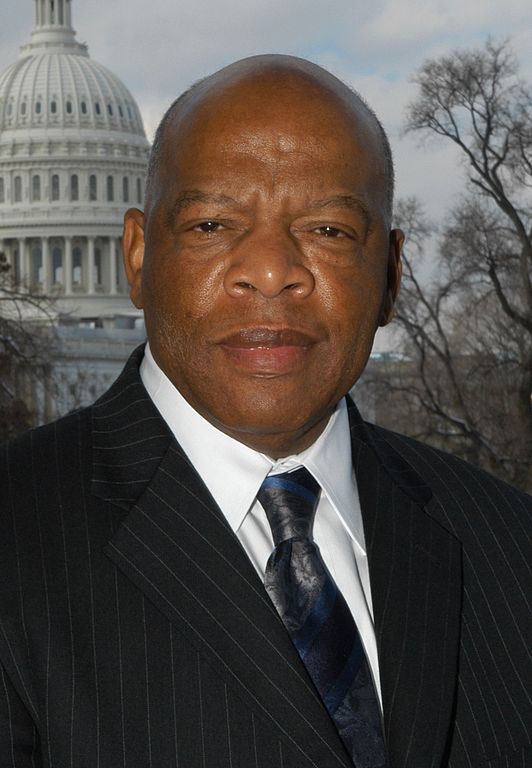
Rep. Lewis worked with Martin Luther King, Jr. In the 1960s.
(Source: US House of Representatives, via Wikimedia Commons.)
Some people say that if the government and police are using facial recognition, it makes people less free. They worry that people will always feel like they are being watched.
In the US, people have the right to protest against the government. They may be less likely to protest if they feel like the government is trying to identify them.
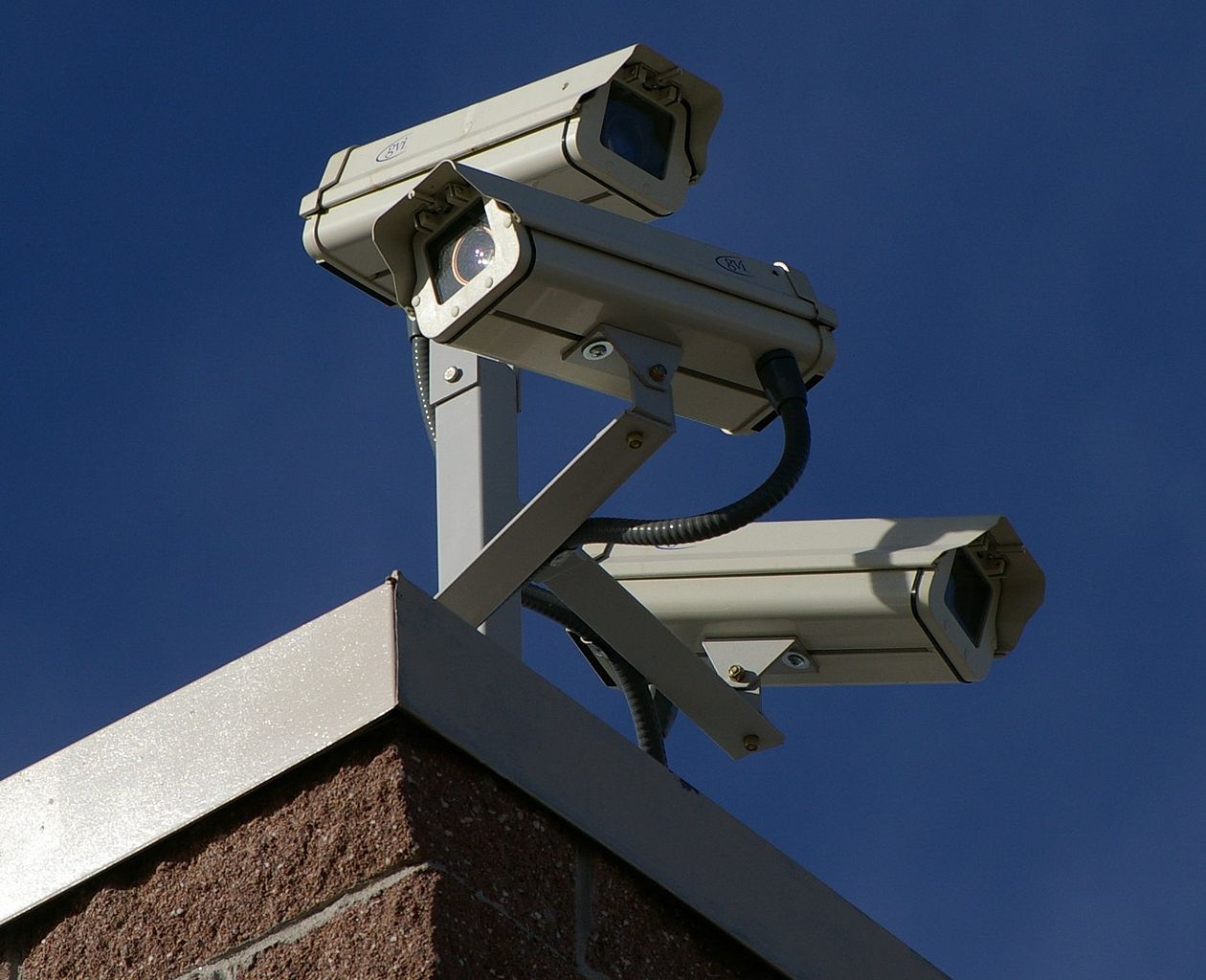
China has 170 million cameras to watch people.
They have plans to add 400 million more.
(Source: Hustvedt, from Wikimedia Commons.)
In China, it is not okay to protest against the government. The Chinese government is using facial recognition – probably more than any other place in the world. China has 170 million cameras to watch people, and they have plans to add 400 million more.
